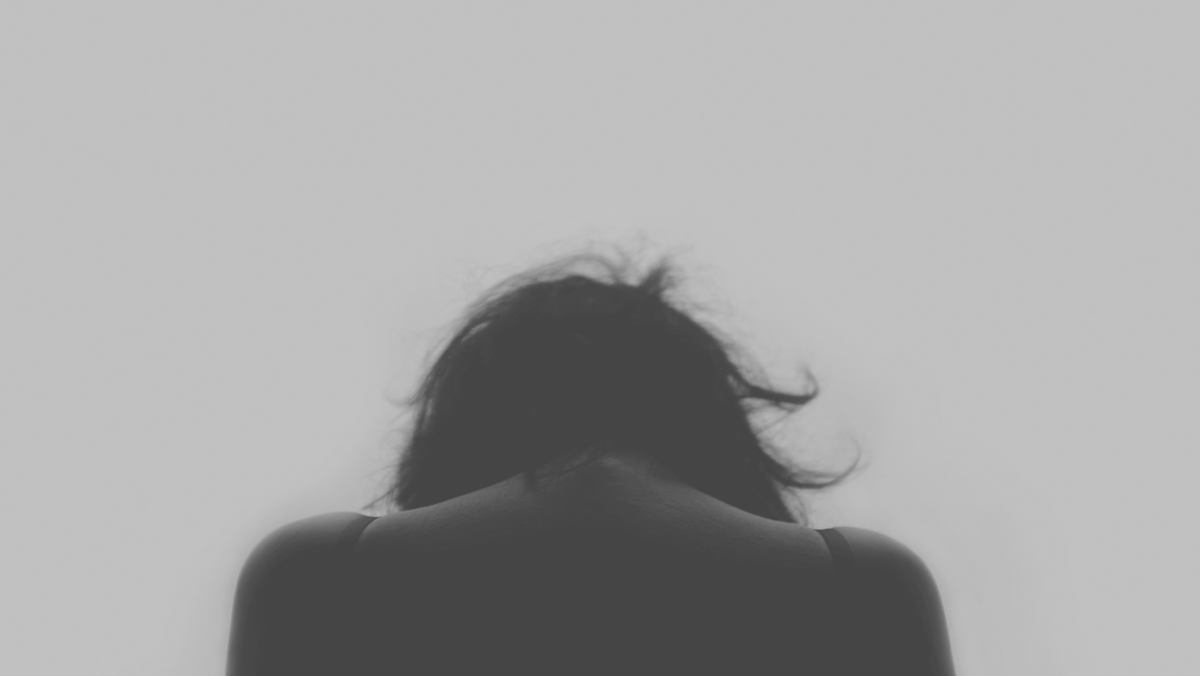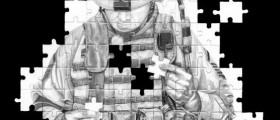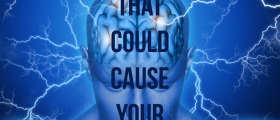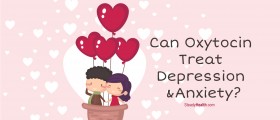
What is Anxiety?
Anxiety disorder is defined as expressed feelings of fear and anxiety. Fear is an emotional and physiological response to a sense of danger. Anxiety is an unpleasant emotional state that is often associated with physiological changes and behaviors caused by fear.Anxiety disorders are the most common psychiatric disorders but often remain unrecognized and untreated. The causes of anxiety are not fully understood, but include both physiological and psychological factors.
Psychiatrists divide anxiety in three main types: general anxiety, phobia and panic disorder. Usually, this disorder occurs during early adolescence or early adulthood.
Feeling of anxiety can occur suddenly or gradually, and its duration is also variable, from very short to a few years. Anxiety may take a form of barely noticeable disorder to a real panic.
Risk factors of anxiety development include life events, people, genetics and chemical processes in the body.
Causes of Anxiety
Unaware internal conflict or situational factors such as trauma, stress or loss may cause anxiety.Anxiety is expressed when people are faced with threat, danger, or if they are under stress. Also, it may occur if person is abstaining from sex.
Cause of anxiety primarily lies in psychological factors, although there is evidence of genetic influence and neurophysiological background.
Emotional stress can often be an additional factor that causes anxiety (vulnerability, changes in interpersonal relationships).
On the other hand, anxiety symptoms are direct manifestations of peripheral autonomic nervous system reaction, caused by fear and unconscious fantasies, impulses and feelings.
If person develops a complete anxiety disorder, it can lead to depression, where the elements of both disorders are simultaneously present. It is possible that long-term depression results in developing anxiety disorder. For this reason it is difficult to determine when anxiety becomes so severe that treatment is needed.
What is Depression?
Depression is a mood disorder characterized with different stages of sadness, disappointment, loneliness, hopelessness, self-doubt, and guilt. These feelings can be very intense and can last for a long time. Everyday activities can become difficult, but one may still be able to deal with them. However, feelings of helplessness can become so intense that suicide may seem like the only solution to the one that suffers from it.Person who suffers from strong depression may experience extreme mood swings or even a desire for complete withdrawal from everyday life and the outside world.
Causes of Depression
Physical causes: premenstrual and postnatal hormonal changes some kind of manic depression with genetic basis hormonal deficiencies such as thyroid disorders general diseases such as kidney or liver disease lack of natural light during winter in susceptible people alcoholism drug addiction allergies to foods, medications, chemical elements and additives in foodMental Causes: unconscious impulses (Freud and Jung psychology) incorrectly learned ways of coping with difficulties learned helplessness (behaviorist psychology) overwork or stress Emotional Causes: feeling of despair futility of life death of a loved one
















Your thoughts on this
Loading...